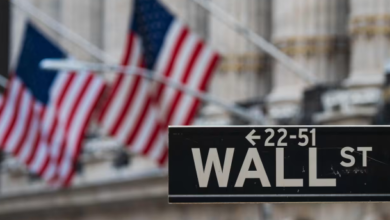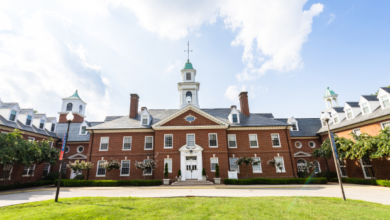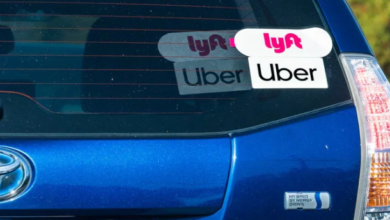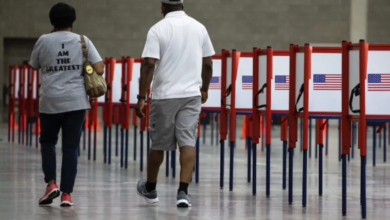Black Census Project Ramps Up Data Collection Effort


Source: FG Trade / Getty
Billed as the “largest survey of Black people in the United States since Reconstruction,” the Black Census Project engages Black people of all backgrounds. Led by the Black Futures Lab, census organizers hope to reach at least 200,000 Black respondents.
Alicia Garza, Black Futures Lab’s founder and principal, told NewsOne that it’s crucial to survey Black communities and their concerns by people from those communities.
“Black communities often get talked about, but we don’t get spoken to,” Garza said. “A lot of our issues, and the things that we care about, get framed and shaped by somebody who is not us.”
Earlier this month, allied groups held Black Family reunion events to engage people around the Black census. While the Black census can be taken online, the Black Futures Lab is taking a for us by us approach to the data collection through in-person community events. The survey takes an estimated 10-20 minutes to complete.
“We focus on telling new and different stories about who our communities are and what we want for our futures,” Garza said. “This is a black survey about black people, by Black people, for Black people.”
It’s often said that Black communities are not a monolith. But Garza and her team want to dig deeper into the complexities that make up Black communities. She also said that despite the differences, there is a throughline of disinvestment and under-resourcing regularly happening in Black communities.
“We’re often a community that is dependent upon to get the United States out of crisis,” Garza said. “What we found in using that as a tool to activate and motivate voters, we were able to have a different kind of conversation with Black voters about what it meant to flex our power.”
Partner organizations held events across the country, with The Transgender District leveraging the Black census at a series of events beginning on Aug. 28 with the Riot Party commemorating Compton’s Cafeteria Riots of 1966. The survey’s aim of capturing a complete picture of Black issues, concerns and life is essential to helping to shape narratives and policies moving forward. It also can help inform voter guides and other engagement before people head to the polls in November.
Reflecting on the 2018 Census, Garza said it helped shape policies and engagement with elected officials and candidates during the 2020 cycle. The Black census helps inform policy and allows people to move beyond particular personalities to choose the best person to meet the moment.
“When people went back to the polls and cast their votes, they were looking at candidates and measures from the perspective of ‘do you support the things that I care about?’” Garza said. “When we look at the state of play in American politics, Black folks are a cornerstone. But we’re also in danger of getting left behind.”
While there are moments of frustration with the current state of affairs, not engaging in the process opens the door for policies rushed through to appease white supremacy and are punitive and criminalize Black communities. Projects like the Black census help with longer-term planning and advocacy and informs legislative priorities.
“It’s midterm elections, and there’s a lot at stake,” Garza said. “Activating our communities at the ground level is more important now than ever because we’re in the middle of a backlash. And our communities must be on the frontlines fighting back for the future that we deserve. Not just for black people, but everybody in the country.”
SEE ALSO:
‘Let’s Talk About Sex’ National Reproductive Justice Conference Meets In Texas
Black Futures Lab Launches’ Black Census Project 2022′ Capturing Viewpoints of Black America
Source link






